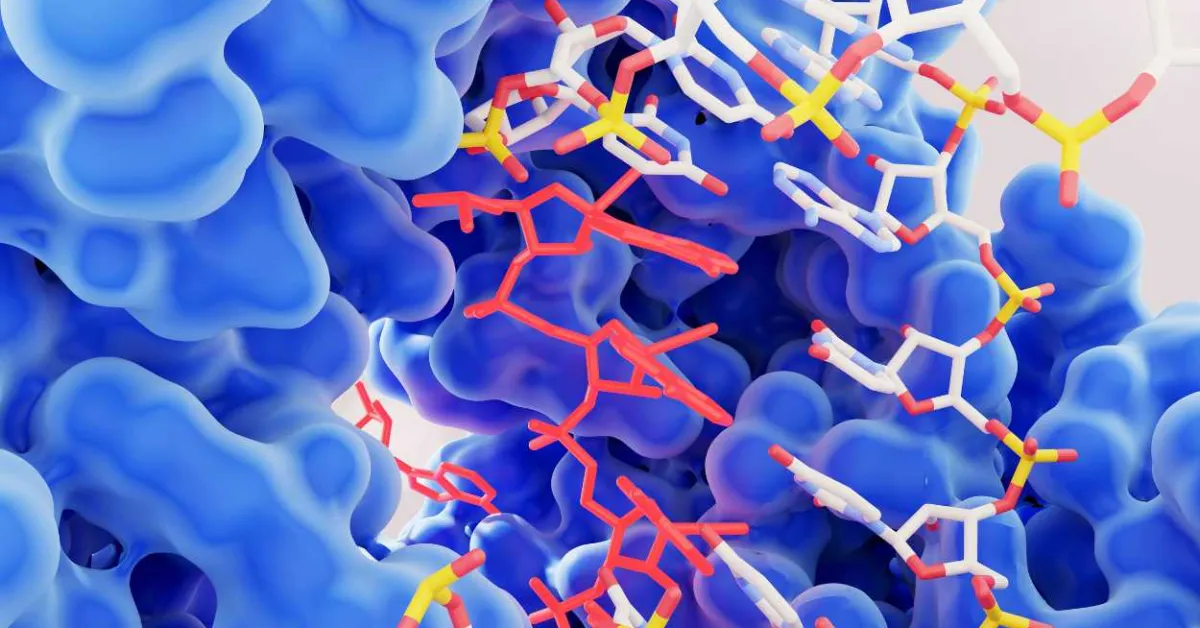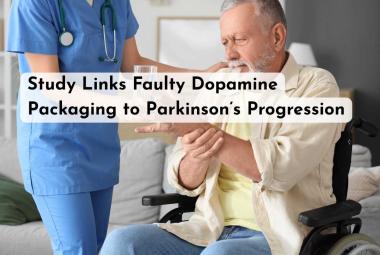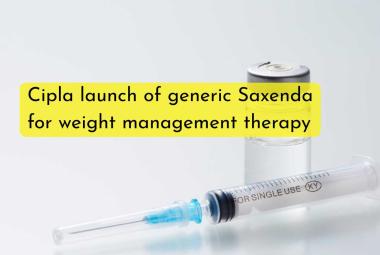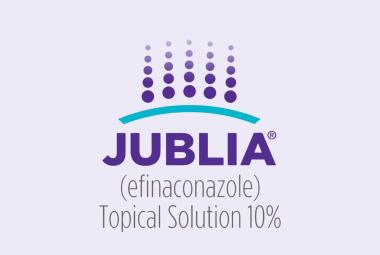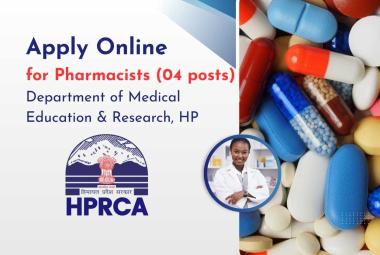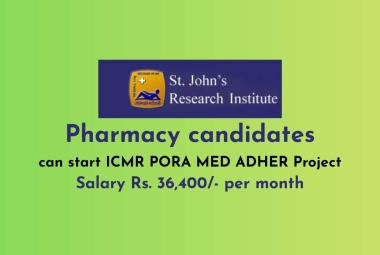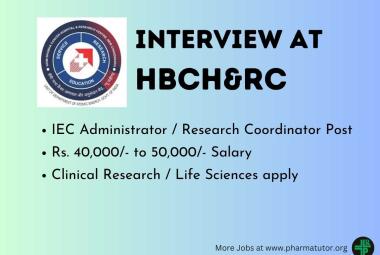Researchers at the University of Texas at Arlington (UTA) have identified a novel molecular mechanism by which chronic inflammation impairs cholesterol metabolism, potentially paving the way for new therapeutic strategies targeting inflammatory diseases and cardiovascular disorders.
The study, led by Dr. Subhrangsu S. Mandal, professor of chemistry and biochemistry, centers on the enzyme indoleamine 2,3-dioxygenase 1 (IDO1), which is known to be upregulated in various inflammatory and immunological contexts. IDO1 catabolizes tryptophan into kynurenine, a metabolite that has been shown to exert immunosuppressive and metabolic effects.
Dr. Mandal’s team discovered that activation of IDO1 significantly inhibits cholesterol uptake by macrophages, contributing to lipid accumulation and foam cell formation, a key feature in the pathogenesis of atherosclerosis. In experimental models, pharmacological inhibition of IDO1 reversed this effect, restoring the cholesterol uptake capacity of macrophages. This suggests that IDO1 plays a direct role in disrupting lipid homeostasis under inflammatory conditions.
“We found that kynurenine, the product of IDO1, impairs macrophage function and disrupts cholesterol trafficking. When IDO1 is inhibited, these cells regain their normal lipid-processing capacity,” Dr. Mandal said. “This opens a new therapeutic window for managing cholesterol-related complications in chronic inflammation.”
In addition to IDO1, the study implicates nitric oxide synthase (NOS), another inflammation-induced enzyme, as a potential co-regulator in this dysfunction. Dual inhibition of IDO1 and NOS exhibited synergistic effects in improving cholesterol clearance by macrophages, offering a more comprehensive strategy for targeting inflammatory lipid disorders.
The implications of this research are far-reaching. IDO1 is already under investigation for its role in cancer immunotherapy due to its immune-modulating functions. Its newly discovered impact on lipid metabolism positions it as a potential target for metabolic syndromes, cardiovascular disease, diabetes, and neurodegenerative disorders, all of which involve chronic low-grade inflammation and lipid dysregulation.
The UTA team’s findings contribute to a growing body of research that explores how immune and metabolic pathways intersect. By elucidating the molecular links between inflammation and cholesterol metabolism, the study enhances understanding of disease etiology and could guide future drug development efforts.
This research was supported by grants from the National Institutes of Health (NIH), the National Science Foundation (NSF), and various private foundations. Dr. Mandal’s team includes postdoctoral fellows, graduate students, and undergraduates contributing to ongoing investigations into enzyme-targeted lipid modulation.
Future work will focus on identifying and optimizing small-molecule inhibitors of IDO1 and NOS, with the aim of developing combination therapies that can mitigate cholesterol buildup in inflamed tissues with minimal off-target effects.


